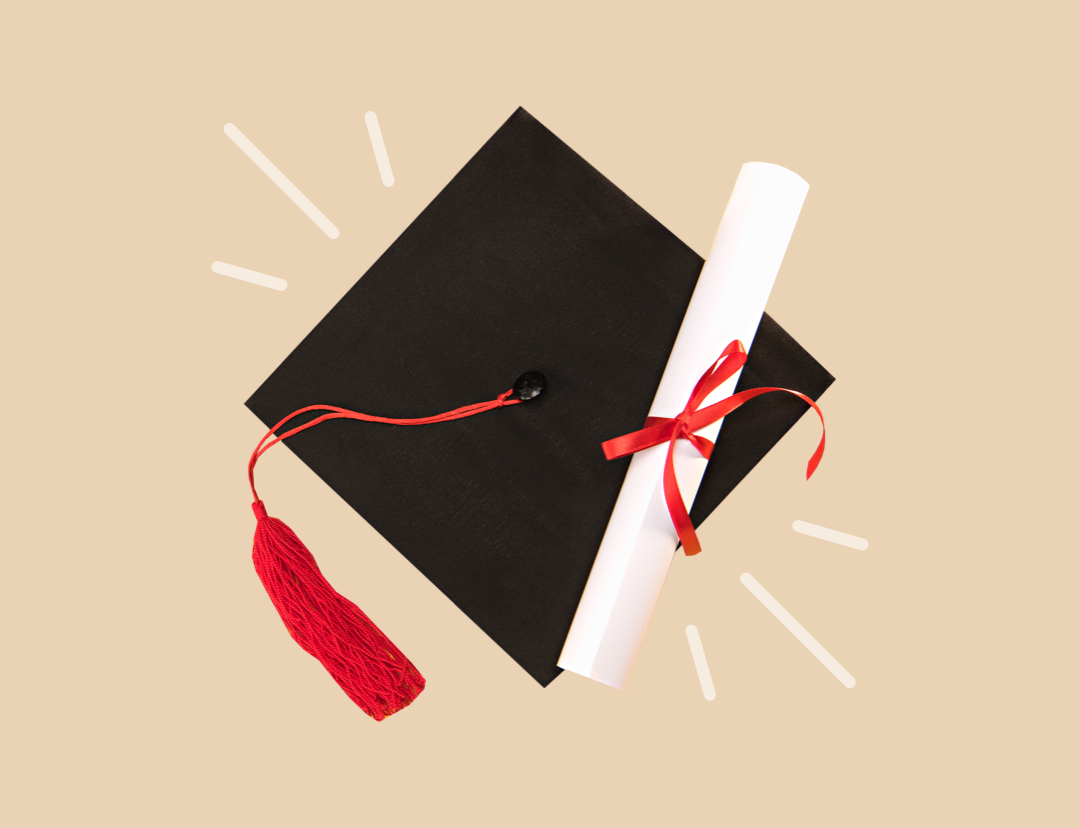It’s been four months since I started my 18 Month College Challenge and I decided to give an update of my experience so far. So far I accumulated 55 credits in my first year of college. That means I have 65 left to complete. This current semester (Fall 2016) I’m taking 19 credits at Kingsborough Community College. I hope to complete 6 credits through testing out for Thomas Edison State University by the time this semester is over.
Some people made comments about my choice of education, saying that I’m going a bit too fast and that I should spend my time socializing in college, not just studying. While they make a good point about the importance of networking and college does provide a structure already set up that enables easy social interaction, they don’t seem to understand that I can network anywhere. I have no trouble making friends and people find me very approachable and open. Regardless of where I am, I can make a connection with someone else. It is more about having confidence in your social skills than the actual place you are in.
Others made comments that my process of obtaining degree is like taking a shortcut and causes me to lose out on high quality education. I agree. They’re right. There is just something special about learning in a classroom with discussion-focused lectures that cannot be replaced. Oftentimes, in those discussions, I’m opened up to new thoughts and ideas I never would have discovered elsewhere. This happened the other day in my Intercultural Communication class. The professor asked me to give an example of a cultural value held by Americans and the social institutions and behaviors associated with that value. I said consumerism and rattled off an entire list. She then went on to talk about capitalism and gave stories of people selling their kidneys to buy the latest iPhone. I was shocked she would actually go off on a tangent in her lecture and talk about capitalism. She opened my mind up to new ideas that I now want to explore and include in my personal finance curriculums. Professors like my Intercultural Communication professor are rare gems.
On the other hand, I’ve experienced a fair share of professors who honestly don’t deserve to be in front of a college classroom.
During my first semester at Kingsborough, my oceanography lab professor showed up late to every class, and by late I mean 20-30 minutes late. There were only a handful of times when he arrived on time. During class, he would exit the room and disappear for 40-60 minutes and come back at the end of the period to collect our lab assignments. I had to complain to the chair of the department to set that guy straight.
Last semester, I had a professor for microeconomics who treated everyone like high school students. My classmates would bully/make verbal comments and threats toward one girl in my class because of her medical condition. The professor didn’t do anything. Not only that, he was the slowest teacher I ever had. He would teach a new concept one day and then spend the next two days reviewing the same concept. The syllabus said we would learn around 9-10 chapters. In the end, we learned four full chapters and a partial amount of chapter five. It was ridiculous because I was bored out of my mind. I had already taken economics in high school, and the rate and depth of the concepts this professor was teaching was way below high school standard.
I had another professor who made us write only two essays for English I. This class was slow too because she treated everyone as if they didn’t know how to write. She made us use a book that had fill-in-the-blank templates and forced us to use the templates from the book for our essays. Otherwise, she would deduct points. My writing became choppy and rigid and you could see that my essays lost my voice. My boyfriend read my essay and wondered why one half of my essay sounded like I wrote it and the other half was dry. Using fill-in-the-blank templates are not the proper way to learn how to write. It might have been acceptable in fourth grade—not in college.
My classes in college during the first year weren’t challenging at all. They were too slow and I wished the level of content was set to a higher standard and was more intellectually/mentally stimulating. My boyfriend told me that the problem was my school and that if I went to a private liberal arts college with smaller class sizes, I would get the quality of education that I seek. He might be right, but I honestly don’t want to shell out thousands of dollars for a bachelor’s degree that really isn’t the best investment anymore, considering the rate of unemployment and underemployment among Millennial college graduates today.
I’m quite satisfied and happy with the way I’m doing things. Taking 19 credits in the traditional college setting is definitely much more challenging. I have a larger amount of work to do and there isn’t a day when I get to just stay at home and relax. I’ve been reading and writing everyday and I could feel my brain getting the mental challenge that it needs. I learned how to read faster. Also, I’m having slight difficulty managing my time, but I can manage and I know that I’m learning how to be more effective and productive through doing this. After this is over, I’ll be much more efficient with my time in other activities and people will wonder how I cultivated such a skill.
In regards to the simultaneous online college, I’ve been posting about how I studied for those exams and passed. I think I received 18 credits total so far through self-studying. People made comments about how employers look down on online college and how it’s not considered real education.
To be honest, self studying and testing out of college is actually my favorite part about my 18 Month College Challenge. Sitting at home reading a textbook and studying flashcards is boring and requires strong willpower and diligence. There is no one pushing me to study everyday and only I can motivate myself. This is difficult but actually a great thing because after graduation, no one’s going to be looking over my shoulder telling me I should initiate some projects at work or try learning something new. I am the one who’s solely responsible for my continuing education and project management after graduation. Tons of people misunderstand this and think education happens mainly in formal schooling. A large portion of Americans don’t even read one book per year after college. They miss the fact that education is life long and those who succeed are the ones who push themselves to continue learning.
Another thing that’s great about self-studying for college exams is learning to be resourceful. This is not something many traditional college students learn, but I was able to learn this only because I started taking on the 18 Month College Challenge. I’ve learned to look for various free resources and library books to help me understand the material better in the absence of a professor. I can see this resourcefulness spilling over into my non-self-study classes and activities. My Intercultural Communication professor was thoroughly impressed when she gave us an assignment to read about the dialectical approach, which was a philosophical piece, and because I had trouble understanding it, I found a Youtube video that explained the concepts step by step. This is resourcefulness, and resourcefulness will take me far in life.






No Comments